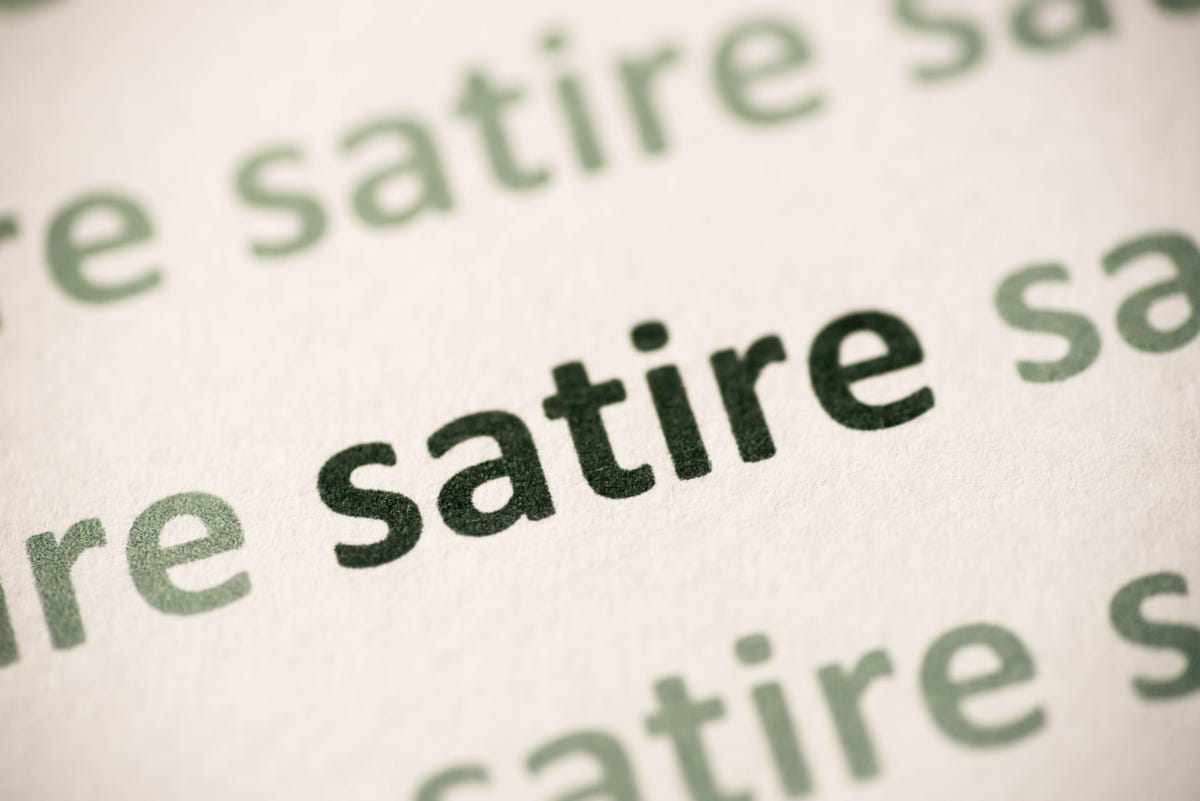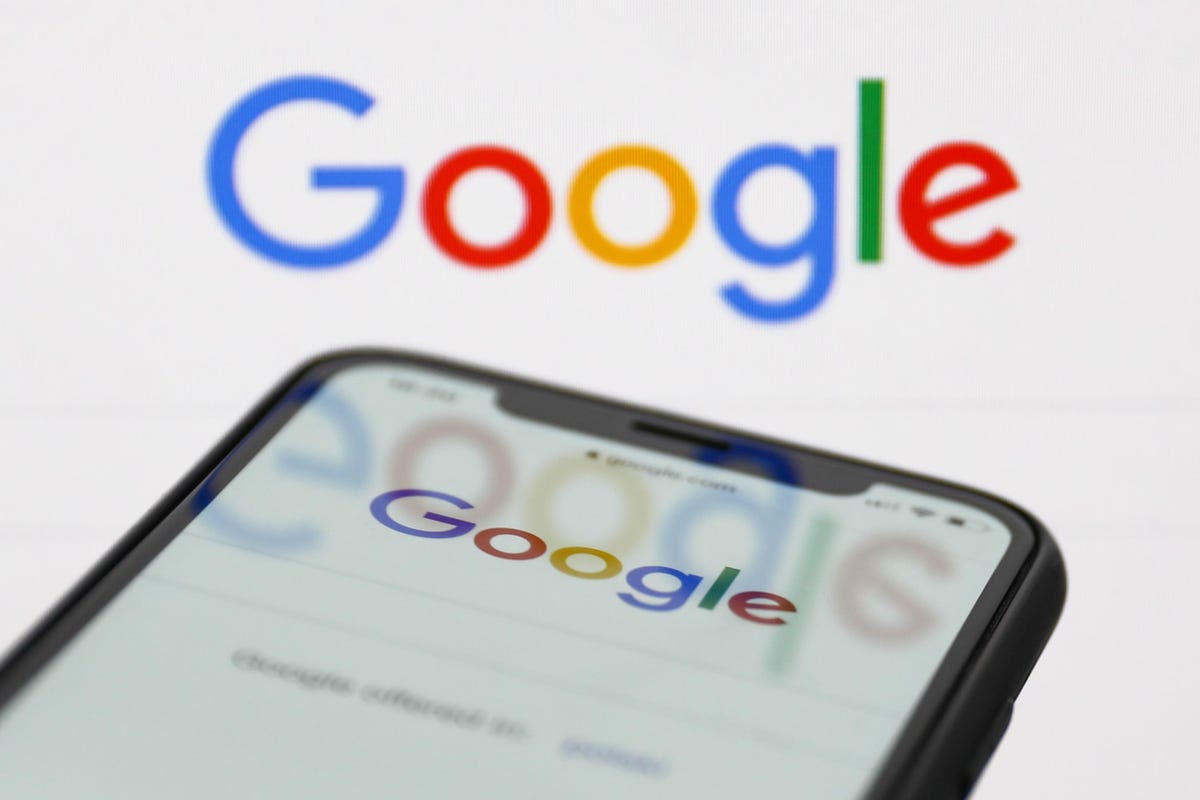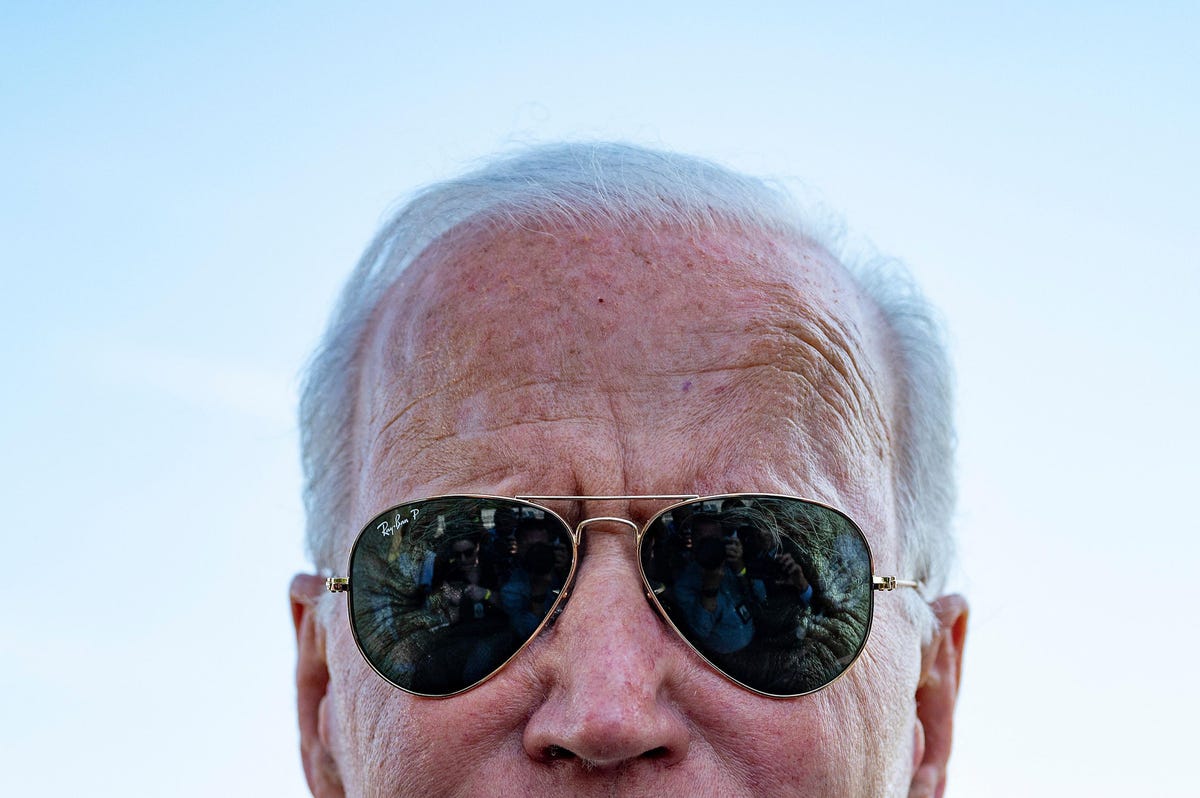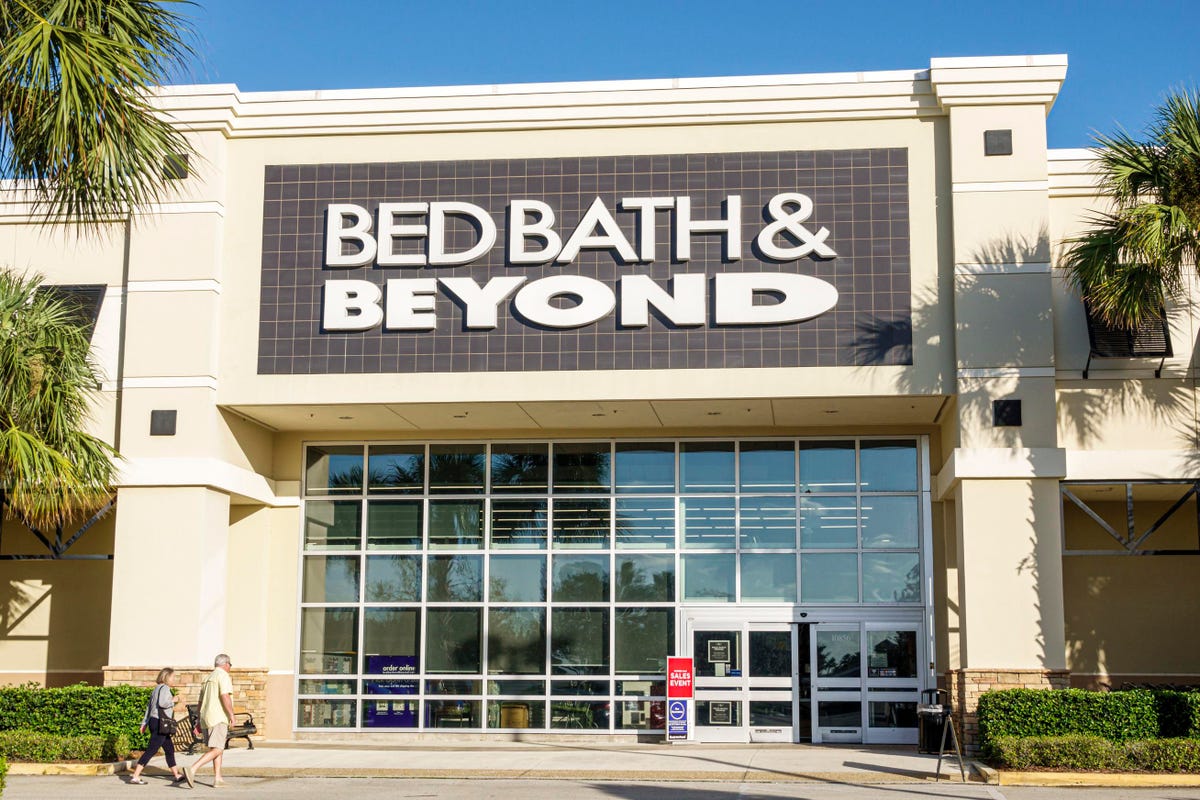Joe Rogan seems to be on through the UFC Struggle Evening occasion at Prudential Heart on April 18, 2015 in … [+] Newark, New Jersey.
In 2018, Fb CEO Mark Zuckerberg uttered some phrases defending his platform’s hands-off strategy to content material moderation that he lived to remorse.
“What we’ll do is we’ll say, ‘Okay, you will have your web page, and if you happen to’re not attempting to arrange hurt in opposition to somebody, or attacking somebody, then you may put up that content material in your web page, even when individuals would possibly disagree with it or discover it offensive,’” he told Recode’s Kara Swisher.
Now, right here’s what Spotify CEO Daniel Ek revealed on Sunday, responding to criticism about his platform’s hands-off strategy to content material moderation:
“There are many people and views on Spotify that I disagree with strongly. We all know we now have a important function to play in supporting creator expression whereas balancing it with the protection of our customers,” he wrote in a blog post revealed on Spotify’s web site. “In that function, it is very important me that we don’t tackle the place of being content material censor.”
As you may see, Ek and Zuck mentioned a lot the identical factor: We don’t need to police content material on our websites—that will be censorship, and censorship is mistaken. So what offers right here? Ek hopes to make use of this web page from the Fb playbook to outlive a brewing crisis over a star attraction, podcast host Joe Rogan. In the long run, Ek might discover himself sliding in the identical sticky consequence that Zuck fell into, concurrently each winner and loser.
The headache for Ek set in final week when rock star Neil Younger issued an ultimatum. He threatened to take away his music from Spotify if the streaming app didn’t take motion in opposition to Rogan, who has used his The Joe Rogan Expertise in the previous few months to trumpet ivermectin, a discredited covid treatement, and interview vaccine skeptics. Spotify didn’t do something, and Younger pulled his catalog. Singer Joni Mitchell adopted go well with, eradicating her songs from Spotify in protest over Rogan.
The artists’ choice to take down their songs comes solely a pair weeks after over 200 professors and well being care consultants referred to as on Spotify to raised handle covid misinformation. The open letter from these scientists pointed particularly to an episode Rogan did with infectious-disease knowledgeable Dr. Robert Malone that included “a number of falsehoods about Covid-19 vaccines.” On Sunday, the World Well being Group’s deputy genreal, Tedros Adhanom Ghebreyesus, lent his help to the mounting opposition in opposition to Spotify and Rogan, tweeting:
And thus, Spotify finds itself in the identical place that Fb did a number of years in the past, compelled to publicly grapple with criticism about what it permits. It’s actually the primary time Spotify has discovered itself below this a lot scrutiny over the matter, very similar to the time limit after the 2016 election when the world was compelled to contemplate, and rethink, precisely what data existed, and may exist, on Fb.
Each Fb and Spotify understood the dangers and tradeoffs to their actions. In Fb’s case, it totally grasped the real-world penalties of leaving problematic content material up on its website—as inner firm paperwork launched by a whistle-blower final 12 months clarify—however it additionally understood that erasing content material would alientate customers and cut back a lot of what generates essentially the most engagement on its website. Spotify, in the meantime, provided Rogan an unique distribution deal in Might 2020, the peak of the primary covid wave. He’d been on the air for over 10 years at that time, his provactive schtick unmistakeable. He has a loud mouth. There’s no method Spotify didn’t realize it, and it’s what helped push his present to No. 1 on Spotify’s podcast charts in 17 markets. (And even when Spotify had someway satisfied itself that Rogan was somebody completely different, he made it blantantly apparent to the corporate in October when he hosted conspiracy theorist Alex Jones—who’s in any other case banned from Spotify.)
So if Spotify goals to imitate Fb, what occurs subsequent? Properly, for a very long time after 2016, Fb didn’t budge on its content material moderation stance: It wasn’t going to start taking down stuff. Ultimately, the stress bought to Fb—to an extent. During the last a number of years, it has stepped up some moderation efforts, essentially the most notable instance being its suspension of President Trump. One other is that Fb not permits Holocaust denialism. Initially, Zuckerberg mentioned such speech was permitted, and that’s the purpose he was arguing with Recode’s Swisher in 2018.
By one fairly concrete measure, Fb’s grind-it-out protection labored. Its inventory worth rests near report highs—even after final 12 months’s whistle-blower revelations—its market cap practically a trillion {dollars}. In that sense, Zuckerberg received.
In echoing Zuckerberg, Ek appears inclined to go for a similar situation: let the critics youl, give attention to the shares. It stays to be seen if Spotify’s buyers might be as affected person as Fb’s. Final week, Spotify inventory dropped 7.3%, a time when the Nasdaq rose 2.5%, an indication that Spotify shareholders probably received’t need to abdomen as a lot as Fb’s.
Even when they do and Ek makes it via along with his firm and CEO title intact, it’s not like Zuckerberg has emerged from the previous few years completely unscatched. His firm faces the prospect of latest regulatory laws and a FTC keenly involved in urgent an anti-trust case in opposition to it.
Most likely the most important piece of proof that Zuckerberg’s play hasn’t totally labored: Regardless of all his efforts, we’re not even suppose to name his firm Fb, the identify Zuckerberg bestowed on it in his Harvard dorm room. He modified its identify to Meta Platforms Inc. final 12 months, ditching a model tarnished by discussions round what belongs on its website. Conversations fairly just like the one occurring about Rogan.






